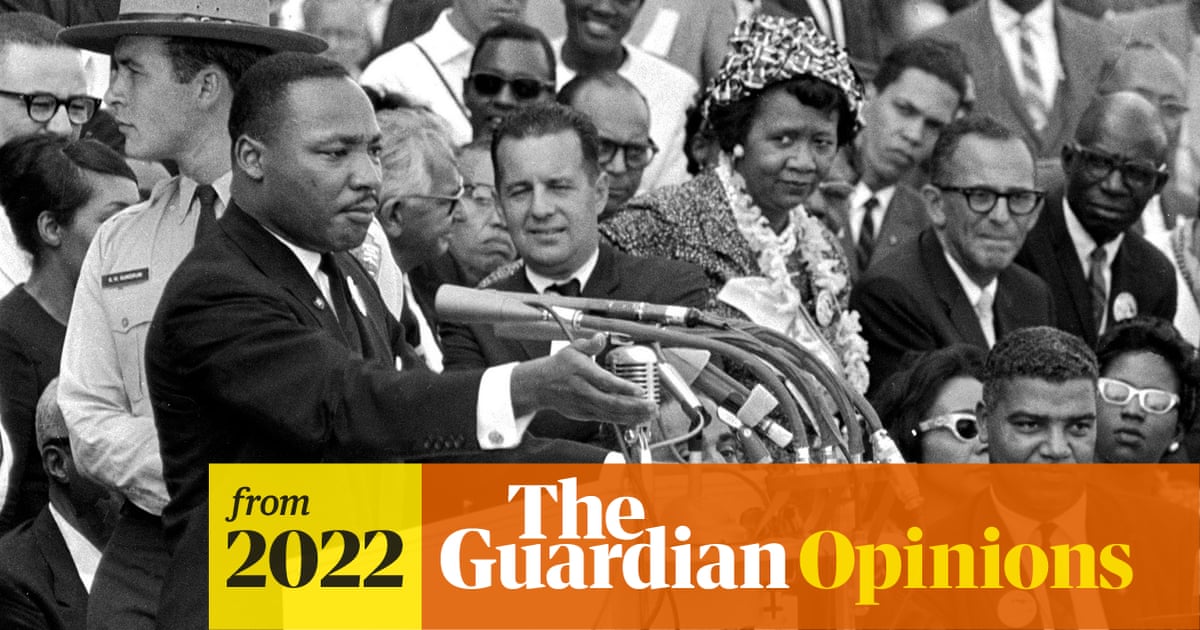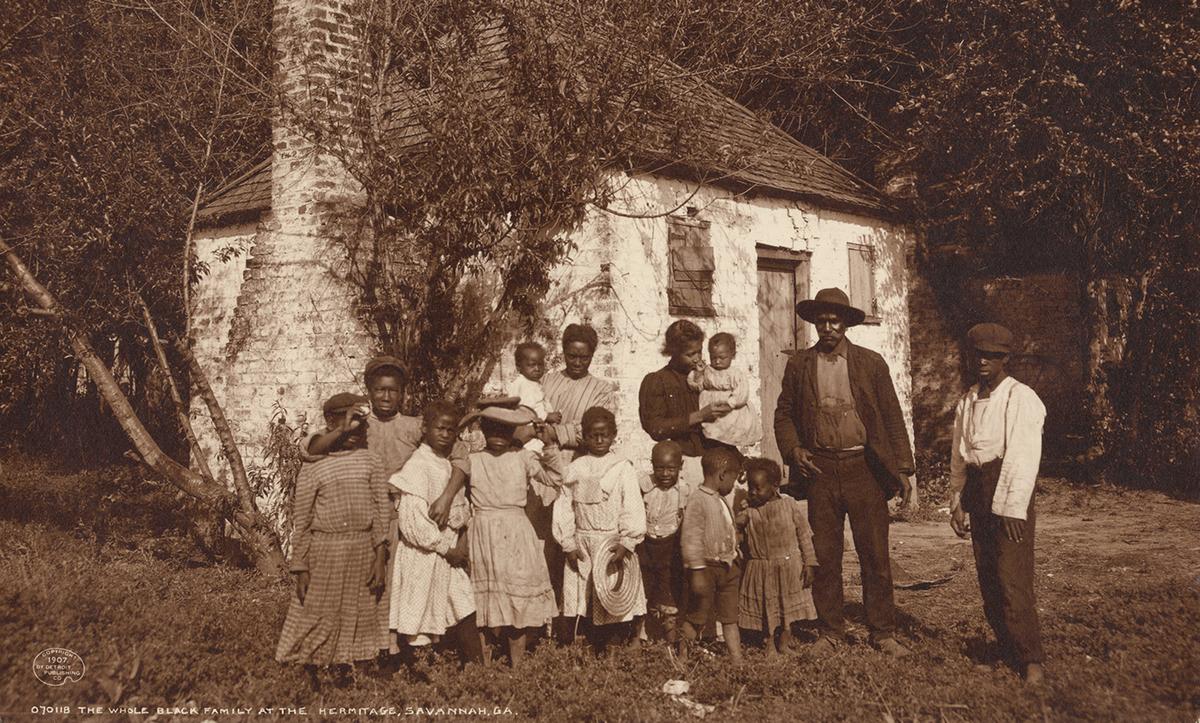From 1862 to 1934, the federal government granted over a million and a half homesteads to private citizens. This represented approximately ten percent of the entire landmass of the United States.Try to stop repeating the standard right wing dumb ass rhetoric. When 40 percent of whites in America today live on homestead land, don't talk about something being ancient.
And the next time you drive by a suburb, ask yourself are you driving on a highway that killed a black business district. All you offer are excuses and obfuscation. Until you learn about Dr. King, the real Dr. King, please stop trying to tell black people what he stood for.
40% of whites live on homestead land?


